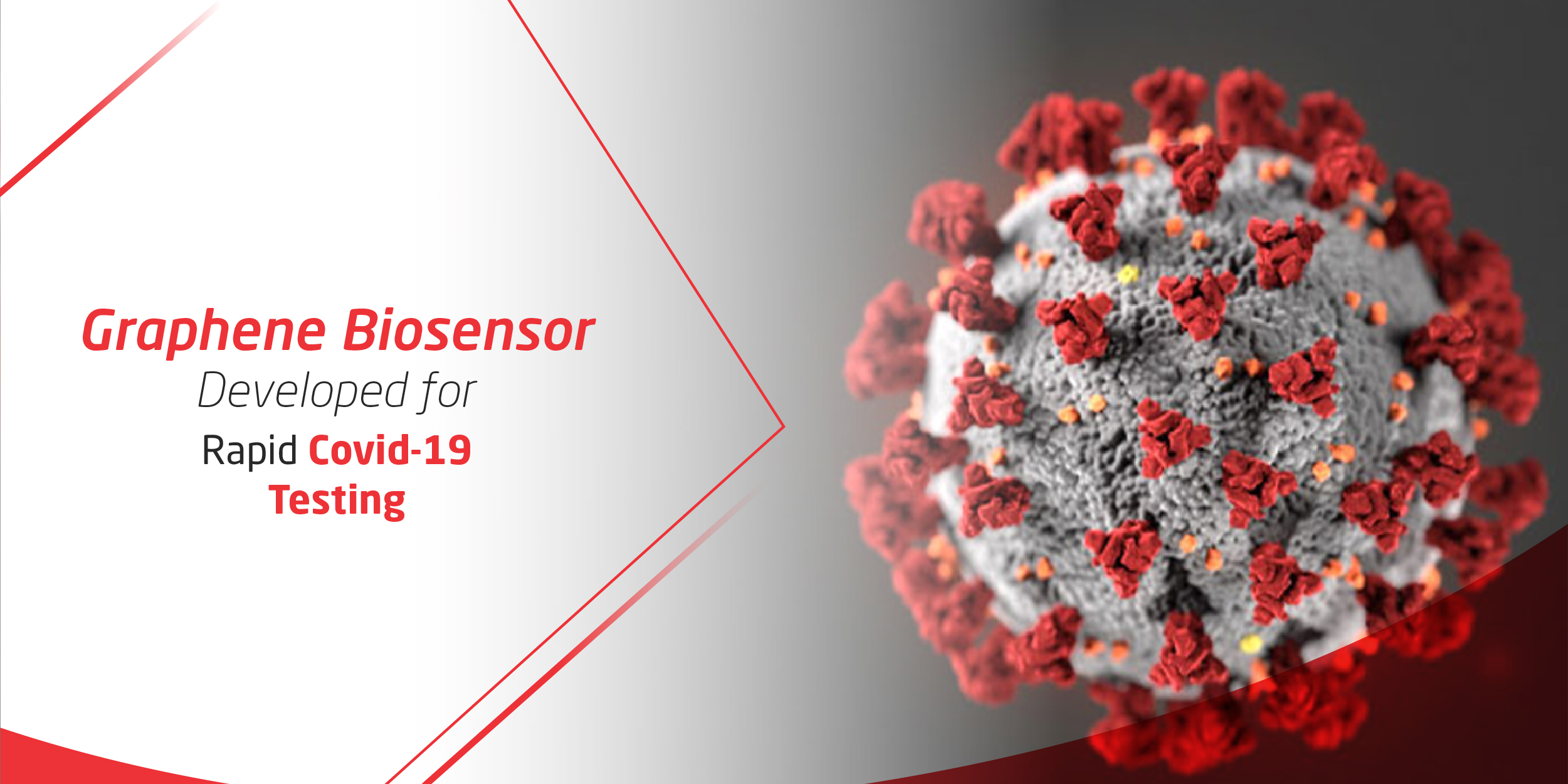
Researchers at the Korea Basic Science Institute, Korea Research Institute of Chemical Technology, and collaborators have published an article on the development of graphene-based test for SARS-CoV-2, the virus causing COVID-19, from nasopharyngeal swabs. They have determined it can detect SARS-CoV-2 in clinical samples at a concentration of 242 copies per mL. and greater, a significant achievement.
Current diagnostic tests for COVID-19 utilize RT-PCR, amplifying the SARS-CoV-2 RNA from patient samples so tiny amounts of virus can be detected. It takes at least 3 hours, including methods for RNA preparation. The researchers who initiated this new study wanted to develop a faster test directly from patient swabs, without sample preparation steps.
Researchers at the Korea Basic Science Institute, Korea Research Institute of Chemical Technology, and collaborators have published an article on the development of graphene-based test for SARS-CoV-2, the virus causing COVID-19, from nasopharyngeal swabs. They have determined it can detect SARS-CoV-2 in clinical samples at a concentration of 242 copies per ml and greater, a significant achievement.
Current diagnostic tests for COVID-19 utilize RT-PCR, amplifying the SARS-CoV-2 RNA from patient samples so tiny amounts of virus can be detected. It takes at least 3 hours, including methods for RNA preparation. The researchers who initiated this new study wanted to develop a faster test directly from patient swabs, without sample preparation steps.